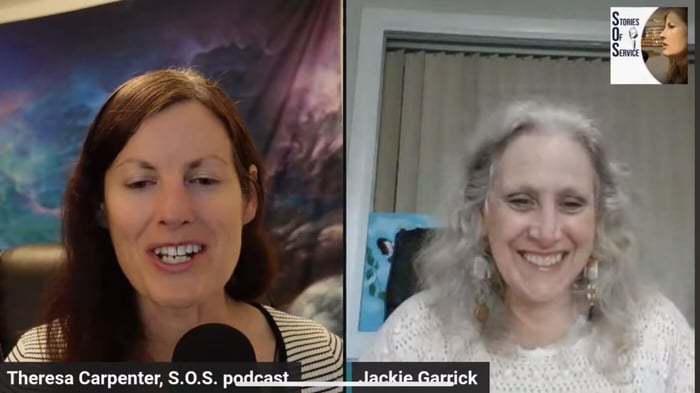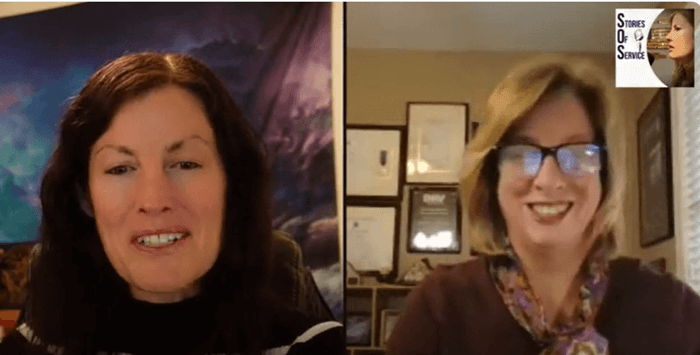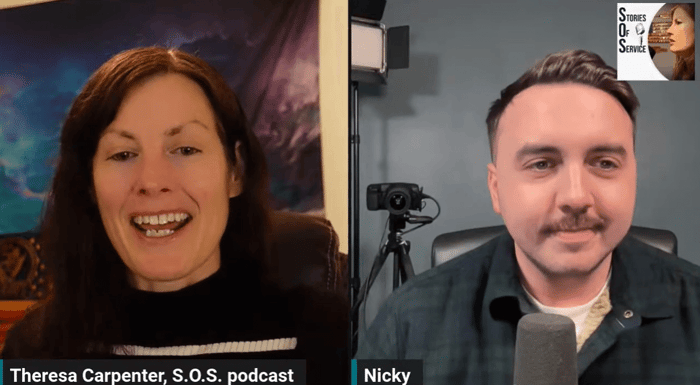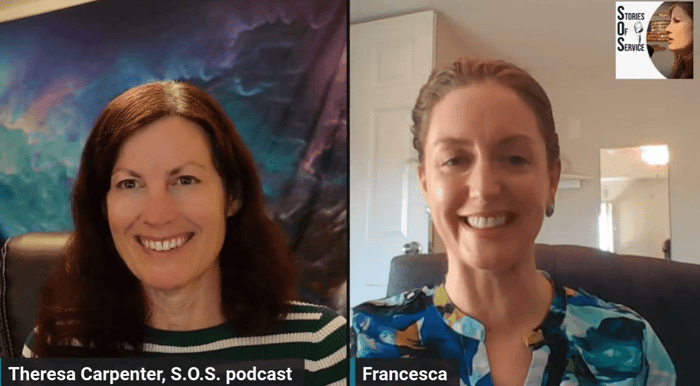Welcome to another episode of the S.O.S. podcast, where we delve into stories of courage and integrity. Today, we have the honor of welcoming Jacqueline Garrick, a distinguished whistleblower and advocate for ethical conduct. Jacqueline's journey embodies resilience and the unwavering commitment to justice. Join us as we explore her remarkable story and the profound insights she brings to the table.
Meet the Guest: Jacqueline Garrick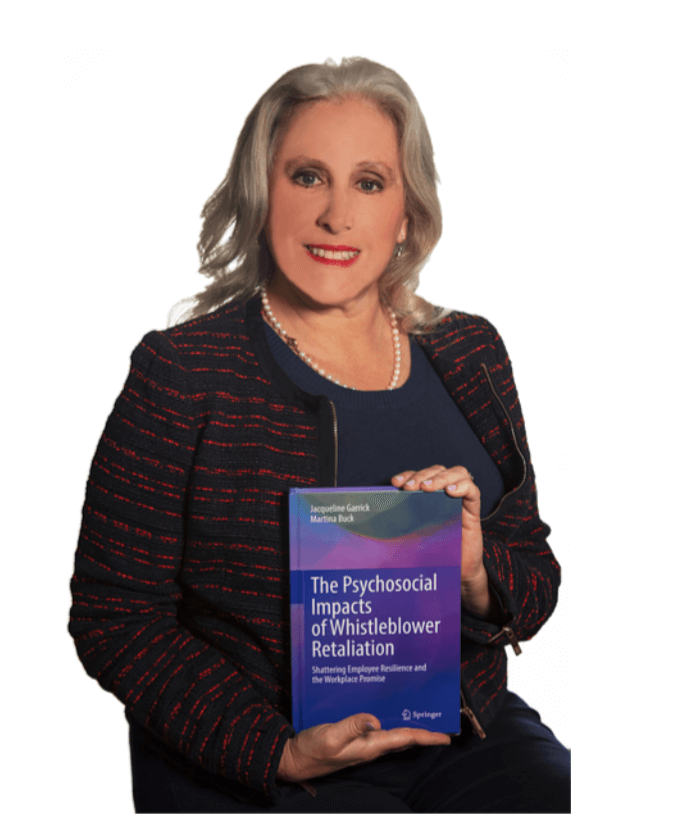
Jacqueline Garrick is not just a whistleblower; she's a beacon of hope for those who dare to speak truth to power. Through her organization, Whistleblowers of America, she has provided invaluable support and resources to individuals facing similar challenges. Her advocacy transcends borders, shedding light on the critical importance of ethics in all sectors of society. With her wealth of experience and dedication, Jacqueline continues to inspire and empower whistleblowers worldwide.
🔑 Key Takeaways:
✔️ Facing Retaliation: Whistleblowers often endure retaliation and isolation, leading to significant mental health challenges.
✔️ Institutional Cover-ups: Institutions may prioritize their reputation over addressing serious issues like medical malpractice, perpetuating a cycle of wrongdoing.
✔️ Ethical Training: There's a pressing need to instill ethical values in professionals from an early stage to combat corruption.
✔️ Support Networks: Whistleblowers require robust support networks and resources to navigate their challenging circumstances effectively.
✔️ Whistleblowers of America: Jacqueline's organization offers crucial support through conferences, roundtables, and other initiatives.
✔️ International Concern: Whistleblowing isn't confined to national borders; it's a global issue recognized by the UN and other international bodies.
✔️ Psychological Impacts: The emotional toll of whistleblower retaliation must be acknowledged and addressed for effective support.
✔️ Recognition: Official recognition of whistleblowers is vital to uphold ethical standards and honor their contributions.
✔️ Historical Context: Whistleblowing has a rich history, from the military to pivotal moments like the signing of the First Amendment.
✔️ Future Initiatives: Continued efforts are underway to provide whistleblowers with additional resources and support through various initiatives.
💡 Discussion Points:
- Personal vs. Organizational Impact: How do the repercussions of whistleblowing affect both the individual and the organization involved?
- Ethical Education: What strategies can be implemented to ensure ethical conduct is ingrained in organizational culture from the outset?
- Institutional Accountability: How can institutions be held accountable for covering up wrongdoing, and what measures can be taken to prevent this?
- Internal Processes: What steps can organizations take to address wrongdoing internally before it escalates into a public scandal?
- Support Mechanisms: What forms of support are most effective for whistleblowers, and how can these networks be strengthened?
- Addressing Mental Health: How can we better support whistleblowers in dealing with the psychological impacts of their experiences?
- Intersectionality: How does race and gender intersect with the experience of whistleblowing, and what specific challenges do marginalized individuals face?
- Public Recognition: Why is it important to formally recognize whistleblowers, and how can this be achieved?
- Learning from History: What lessons can be gleaned from historical instances of whistleblowing, and how can they inform our approach today?
- Future Directions: What new initiatives are on the horizon to further support and empower whistleblowers in their endeavors?
Listen to Full Audio
